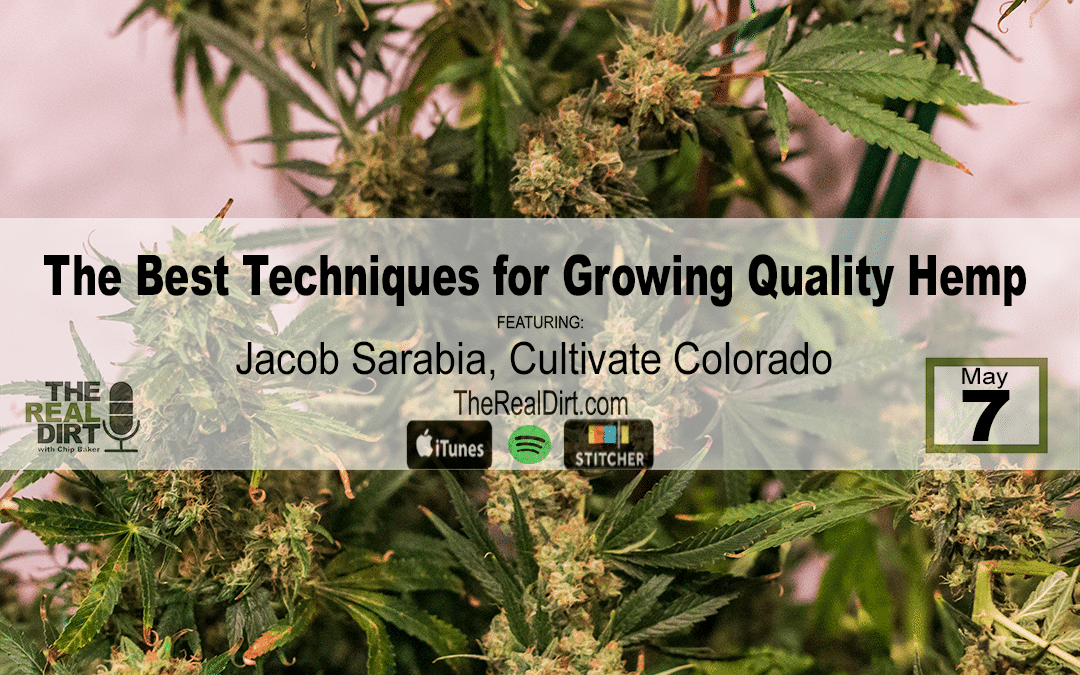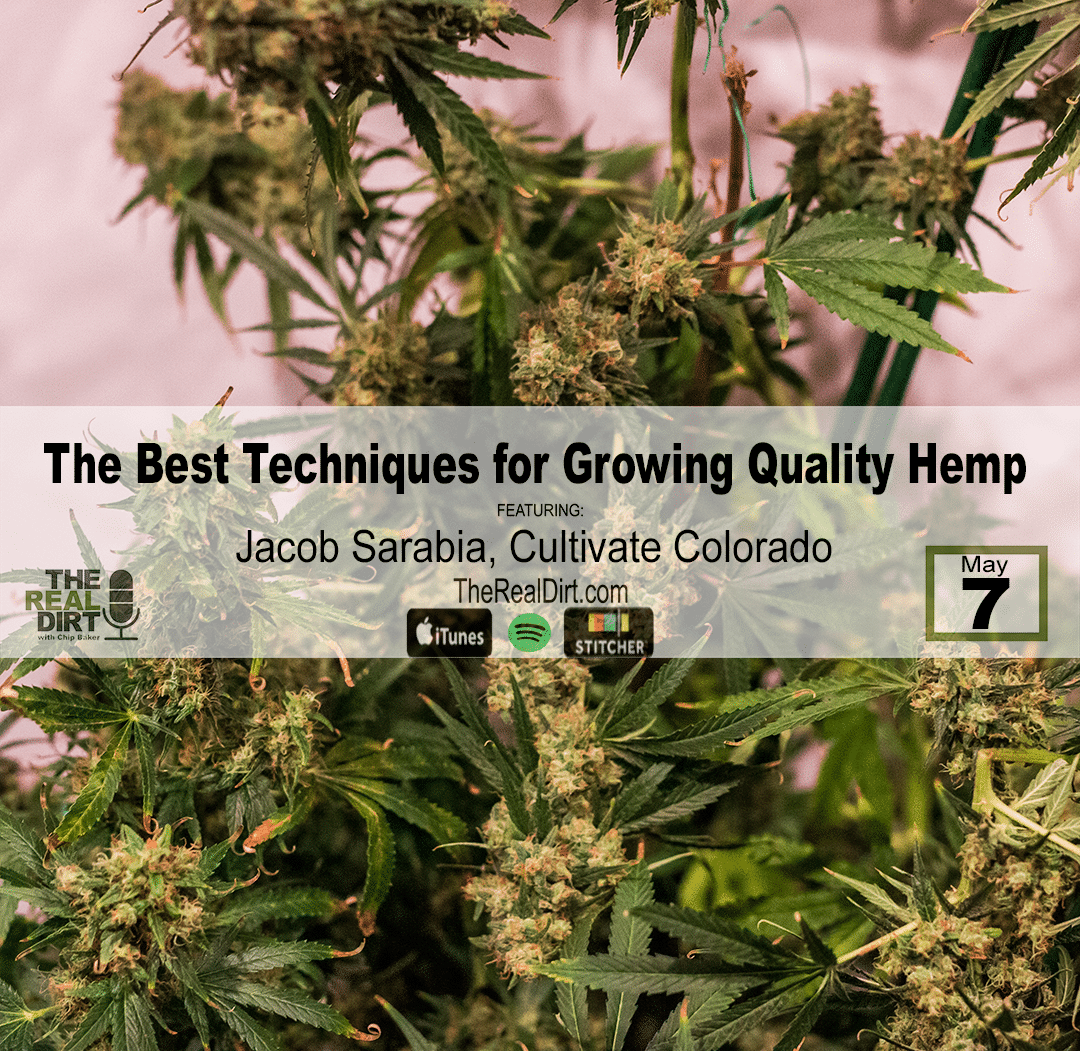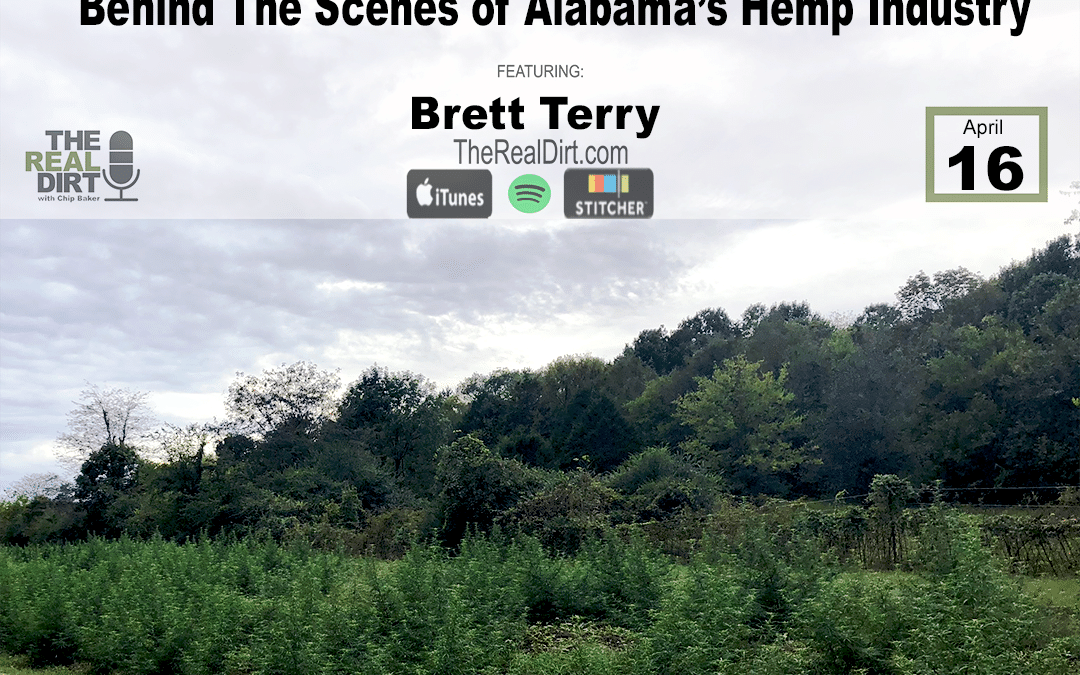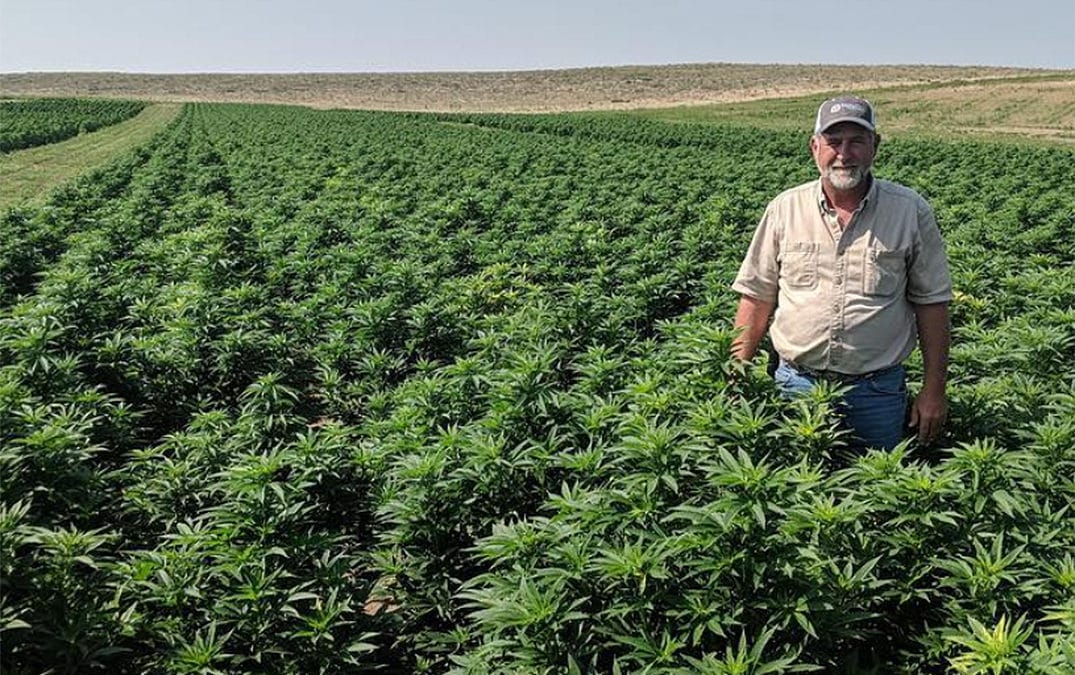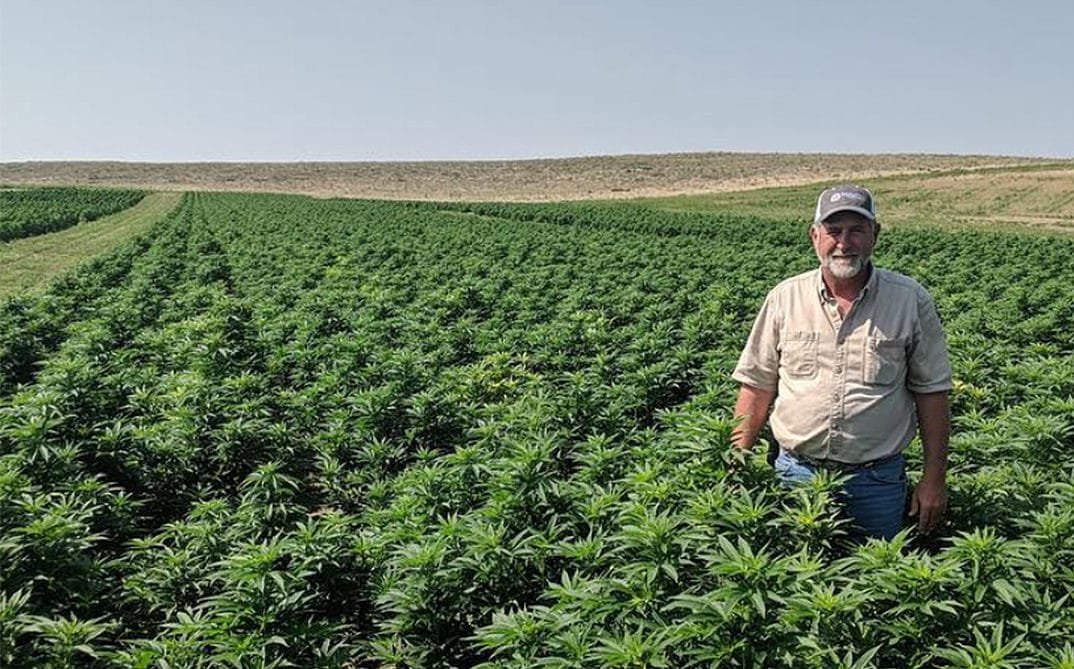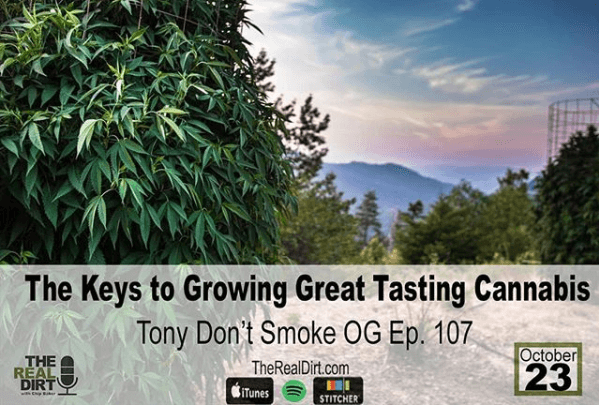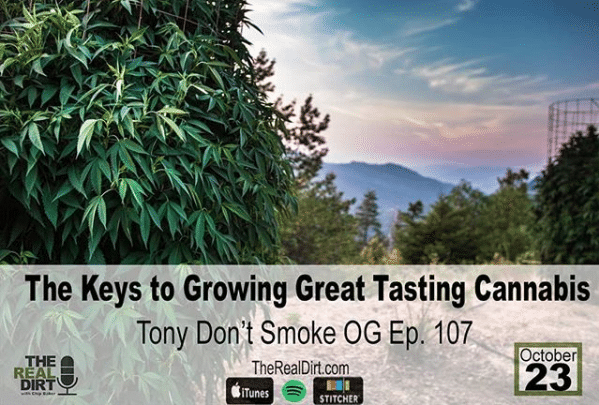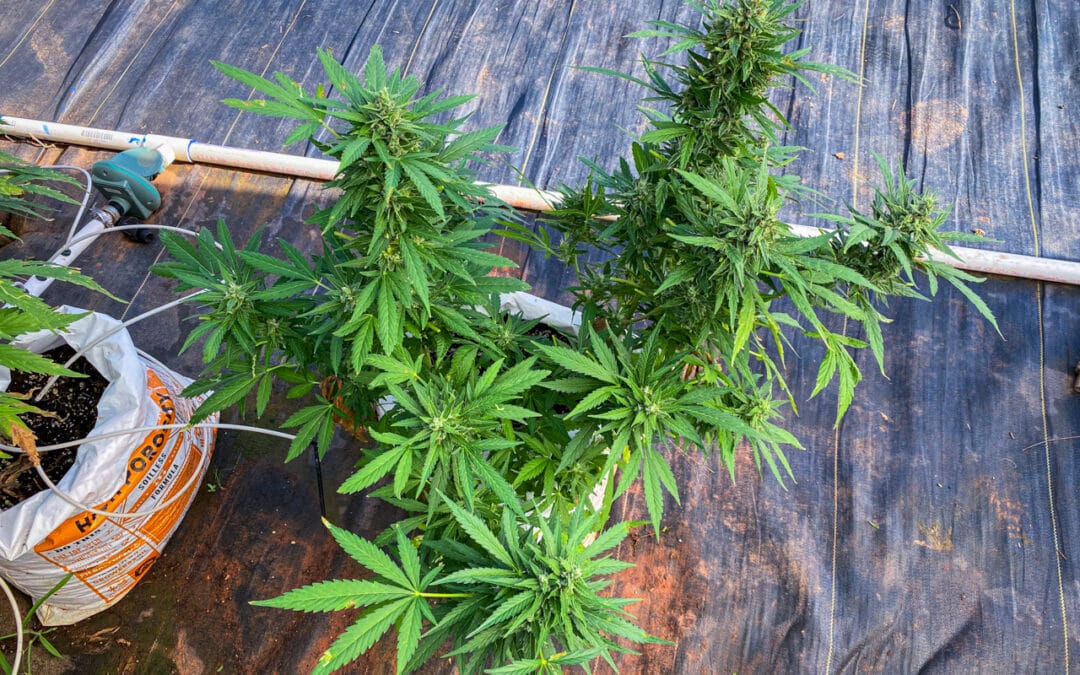
New York medical cannabis home-grows left in the dust by regulators
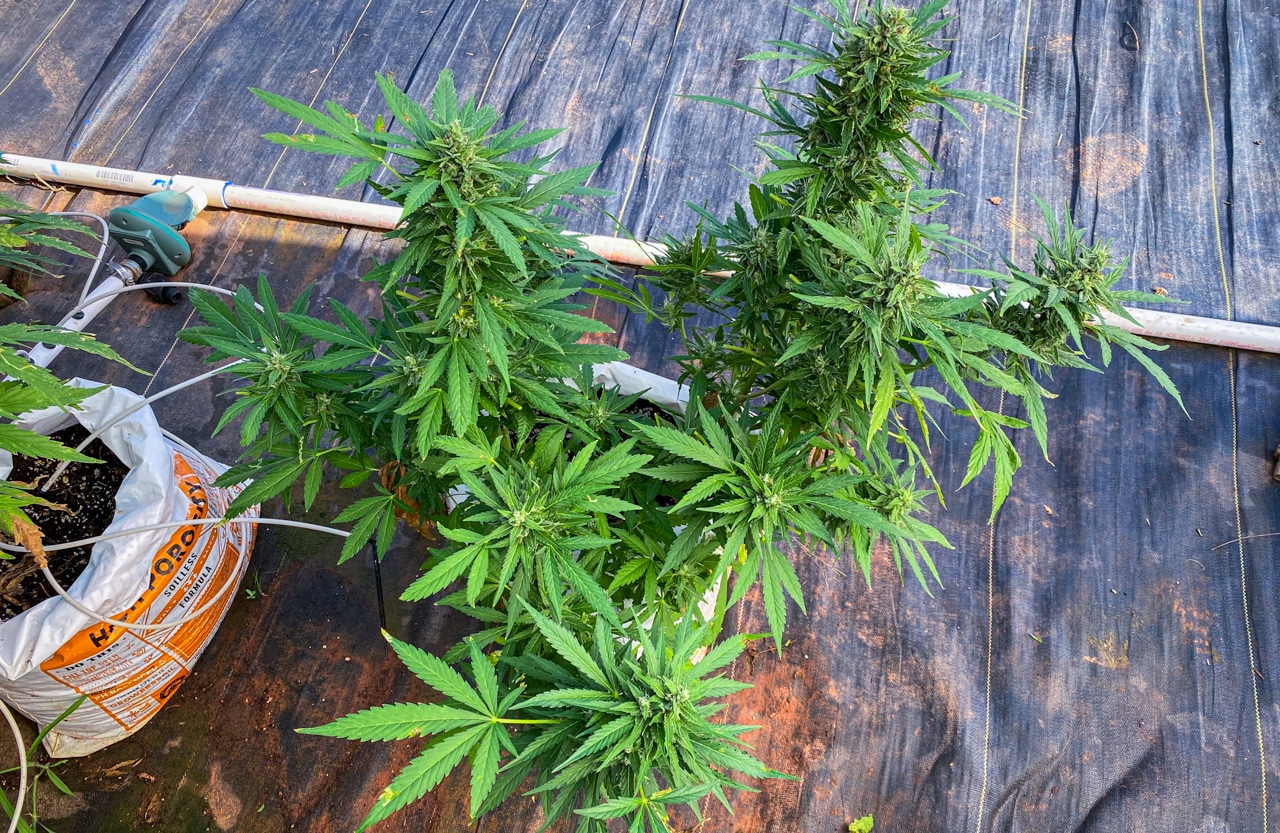
Six months after New York passed its landmark bill legalizing marijuana for adult use and creating a regulatory framework for the cannabis industry overall, the state is violating the law’s deadline for home cannabis cultivation rules.
The Marijuana Regulation and Taxation Act allows limited home cultivation of medical cannabis. But it also specifies that patients will not enjoy that right until after the Office of Cannabis Management issues regulations governing it, which it was obligated to do “no later than six months after the effective date” of the law. But after a series of delays, staffing of that office is still underway.
That means lawmakers’ intention for the law to allow medical marijuana card holders to begin growing plants this week is on hold indefinitely.
The delay is the latest in a series of stumbles in the medical cannabis program, and they are occurring in spite of the explicit intent of legislators who drafted and championed the new law.
In the months following the law’s passage, patients and doctors also complained that key updates to the program which legislators insisted were meant to apply right away had yet to take effect, including increasing patients’ supply limits to 60 days, permitting physicians to have discretion on the reasons they certify for patients’ cannabis use, and allowing the sale of whole flower.
Dr. Mark Oldendorf, who runs a general practice in Albany and has developed significant expertise on the medical applications of cannabis, is frustrated that he has patients who should have been eligible months ago for medical cannabis certification but have yet to receive the treatment in New York.
“I’ve had quite a few people who I’ve turned away because they wanted it specifically for insomnia, that’s the big need, and it’s not a qualifying condition” at the moment, he said. “So all of those people are headed off to Massachusetts to buy something.”
Oldendorf said this delay has pushed some doctors to search for additional relevant ailments that might tick a box on the state’s outdated online form, in order to get around the restrictive list of conditions a provider must select from.

